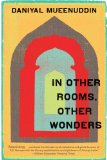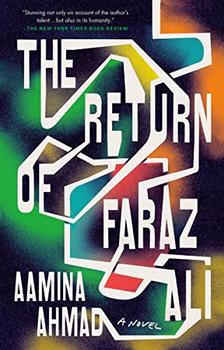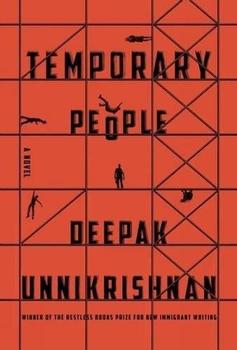Summary | Excerpt | Reading Guide | Reviews | Beyond the book | Read-Alikes | Genres & Themes | Author Bio

A major literary debut that explores class, culture, power, and desire among the ruling and servant classes of Pakistan.
In the spirit of Joyce's Dubliners and Turgenev's A Sportsman's Sketches, Daniyal Mueenuddin's collection of linked stories illuminates a place and a people through an examination of the entwined lives of landowners and their retainers on the Gurmani family farm in the countryside outside of Lahore, Pakistan. An aging feudal landlord's household staff, the villagers who depend on his favor, and a network of relations near and far who have sought their fortune in the cities confront the advantages and constraints of station, the dissolution of old ways, and the shock of change.
Mueenuddin bares—at times humorously, at times tragically—the complexities of Pakistani class and culture and presents a vivid picture of a time and a place, of the old powers and the new, as the Pakistani feudal order is undermined and transformed.
As in the best collections, the stories enhance each other, forging connections between recurrent characters and building a world where real locations like Islamabad and Lahore blend with imagined households... Themes of struggle and progress may be familiar, but Mueenuddin's rich stories make them fresh and powerful, marking a debut as auspicious as any so far this year...continued
Full Review
(613 words)
This review is available to non-members for a limited time. For full access,
become a member today.
(Reviewed by Karen Rigby).
Daniyal Mueenuddin on Farming, Traveling West, and Returning Home to Write
 "For many years I have run a farm in Pakistan's southern Punjab. Most of the stories in this book have their origins in my experiences there, and many were written there. Half Pakistani and half American, I have spent equal amounts of time in each country, and so, knowing both cultures well and belonging to both, I equally belong to neither, look at both with an outsider's eye. These stories are written from that place in between, written to help both me and my reader bridge the gap.
"For many years I have run a farm in Pakistan's southern Punjab. Most of the stories in this book have their origins in my experiences there, and many were written there. Half Pakistani and half American, I have spent equal amounts of time in each country, and so, knowing both cultures well and belonging to both, I equally belong to neither, look at both with an outsider's eye. These stories are written from that place in between, written to help both me and my reader bridge the gap.
My father was a graduate of Oxford, a member first of the Indian and then, after Partition, of the Pakistani civil service - and, most fundamentally, a land owner of the old Punjabi...
This "beyond the book" feature is available to non-members for a limited time. Join today for full access.

If you liked In Other Rooms, Other Wonders, try these:

by Aamina Ahmad
Published 2023
Sent back to his birthplace - Lahore's notorious red-light district - to hush up the murder of a girl, a man finds himself in an unexpected reckoning with his past.

by Deepak Unnikrishnan
Published 2017
Until now, the humanitarian crisis of the so-called "guest workers" of the Gulf has barely been addressed in fiction. With his stunning, mind-altering debut novel Temporary People, Deepak Unnikrishnan delves into their histories, myths, struggles, and triumphs.